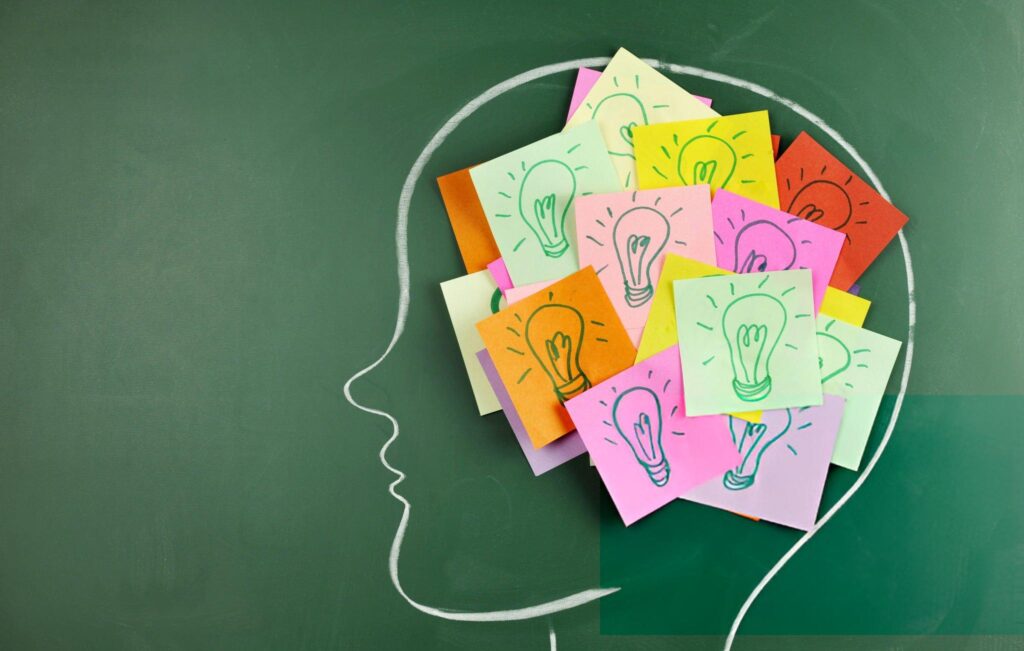I still remember the first time I played an online memory game. It was one of those classic “flip the cards and match the pairs” challenges. I was supposed to be taking a short study break, but 20 minutes later, I was hooked — and convinced I had a sharper mind already. But was that true, or was I just having fun?
This is the question a lot of people ask about memory browser games. Are they actually making your brain better, or are they just another way to procrastinate? After spending months testing different games during my study breaks and reading up on the science, I’ve got a pretty good answer.
Let’s dive into what memory games actually do for your brain, which ones are worth your time, and a few personal tips to keep them from becoming just another distraction.
What Memory Games Really Do for Your Brain
Memory games aren’t a magic pill, but they do something important: they make your brain practice. And just like your muscles, your brain responds to regular workouts.
The core idea is that memory games push you to store and recall information quickly. This strengthens neural connections related to short-term memory, attention, and sometimes even spatial awareness. Over time, this can translate into small but noticeable improvements in everyday situations — like remembering names, recalling where you left your keys, or keeping track of multiple tasks at once.
When I started playing memory browser games regularly, I noticed something unexpected: my ability to follow multi-step instructions got better. For example, if a recipe had five steps, I didn’t have to keep glancing back as often. It felt like my brain was “holding” more at once.
That said, the benefits aren’t permanent unless you keep playing. Just like skipping the gym makes you lose muscle, neglecting brain training means those small gains fade.
Memory Browser Games I’ve Found Useful
Not all memory games are created equal. Some are repetitive to the point of boredom, while others manage to challenge you just enough to keep things interesting.
Here are a few I’ve played that combine fun with mental benefits.
1. Lumosity’s Memory Match
Lumosity has a bunch of brain training games, but Memory Match remains one of my favorites. You get a grid of face-down cards, and you flip them over to match pairs. The game speeds up as you go, forcing you to remember card positions faster and faster.
When I played this during lunch breaks, I realized my recall speed in real life — like remembering what someone said earlier in a conversation — felt sharper.
2. Simon Taps
Simon Taps is basically the digital version of that classic “Simon Says” memory toy. The game shows a sequence of colored lights, and you have to repeat them in order. The catch? The sequence grows every round.
This is great for improving sequential memory — remembering things in order. I noticed it helped me keep track of long strings of numbers without having to write them down, which oddly came in handy when memorizing Wi-Fi passwords.
3. Pattern Recall on Brainist
Pattern Recall flashes a pattern of colored blocks for a few seconds. Then they disappear, and you have to recreate it exactly. It sounds easy until you hit round six and suddenly you’re staring at a 5×5 grid, trying not to mix up the top-right and bottom-left corners.
This one really boosted my visual memory. I think it’s why I’ve gotten better at remembering where I parked my bike in crowded places.
4. Match Animals
Yes, it’s basically a card-flipping game with cute animals, but that’s exactly why it works for me. The visuals are more engaging than plain cards, and I find myself more invested in remembering where the “sleepy panda” or “grumpy cat” is hiding.
Sometimes motivation comes from something as simple as wanting to find a tiny cartoon owl again.
Comparison Table: Popular Memory Browser Games
| Game Name | Main Skill Boosted | Best For | Average Session Time |
|---|---|---|---|
| Lumosity Memory Match | Short-term recall speed | Quick daily practice | 5–10 mins |
| Simon Taps | Sequential memory | Following multi-step processes | 5–8 mins |
| Pattern Recall | Visual memory & focus | Remembering spatial layouts | 5–10 mins |
| Match Animals | General recall & engagement | Fun, casual breaks | 5–12 mins |
The Science Behind the Fun
There’s a lot of debate over whether memory games make you “smarter.” Studies suggest they improve specific skills, but the gains don’t necessarily spill over into unrelated areas. For example, being good at Pattern Recall won’t automatically make you a math genius.
What memory browser games can do is keep your brain active in the same way physical puzzles or crosswords do. They keep your mind from going into autopilot. That alone can help you feel more alert throughout the day.
One study I read found that people who regularly played short-term memory games improved their working memory by about 15% over several weeks. But here’s the catch — the improvement dropped if they stopped playing for a month.
So, they work… but only if you treat them like a habit, not a one-time fix.
My Personal Take on Effectiveness
From my own experience, memory games haven’t turned me into a superhuman thinker, but they have made my mind feel more agile. I’m quicker at remembering grocery lists without checking my phone, better at learning people’s names, and less likely to forget small details during the day.
But here’s the thing — you can’t expect miracles if you play while half-distracted. I made the mistake of playing Memory Match with YouTube running in the background, and my performance was noticeably worse. Focus is part of the training.
Now, I treat these games like mini meditation sessions: no distractions, just me and the puzzle. The results are way more satisfying.
Tips for Making Memory Games Work for You
-
Play in Short Bursts – Five to ten minutes is enough to get benefits without burning out.
-
Mix It Up – Rotate between different types of games to train various aspects of memory.
-
Track Your Progress – Some sites show your score history, which can be motivating.
-
Stay Consistent – A few minutes daily is better than an hour once a week.
What They Won’t Do
It’s worth mentioning what memory games can’t do. They won’t replace proper learning techniques, physical exercise, or good sleep. They also can’t completely prevent memory decline if other healthy habits aren’t in place.
Think of them as a supplement — like adding a side salad to your meal. It’s good for you, but it works best alongside a balanced lifestyle.
Why I Still Play Them
Even knowing the limitations, I keep memory games in my daily routine for one reason: they’re fun enough to stick with. Productivity tricks only work if you actually enjoy doing them.
Some days, I’ll play Simon Taps while waiting for a download to finish. Other days, I’ll wind down with Match Animals instead of scrolling through endless social media feeds. Both feel like a better use of my downtime.
And honestly? There’s something satisfying about beating your own high score — especially when you know it’s giving your brain a workout too.
Final Thoughts — Gaming With a Purpose
So, are memory browser games really effective? Yes — but only if you approach them with the right expectations. They’re not going to double your IQ overnight, but they will help you sharpen recall, improve focus, and keep your mind engaged.
If you’re curious, start with one game from the table above and commit to playing it for a week. Keep it short, stay focused, and see if you notice small improvements in your everyday memory.
At worst, you’ll have found a fun way to pass the time. At best, you’ll build a habit that keeps your brain active for years to come.
So go ahead — open that tab, play a round, and let your brain enjoy the workout.
References
-
Jaeggi, S. M., et al. (2013). “Short- and long-term benefits of cognitive training.” Nature.
-
Harvard Health Publishing. (2020). “Do brain games really work?” Harvard Medical School.
-
Simons, D. J., et al. (2017). “Do ‘Brain-Training’ Programs Work?” Psychological Science in the Public Interest.
-
Mayo Clinic Staff. (2021). “Memory loss: 7 tips to improve your memory.” Mayo Clinic.
-
Klingberg, T. (2010). “Training and plasticity of working memory.” PNAS.



